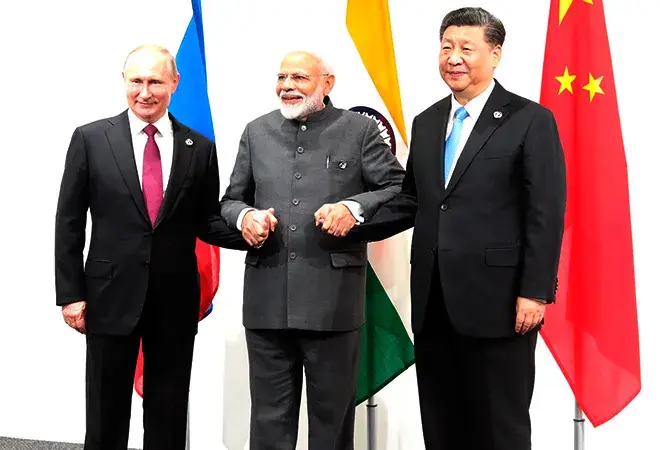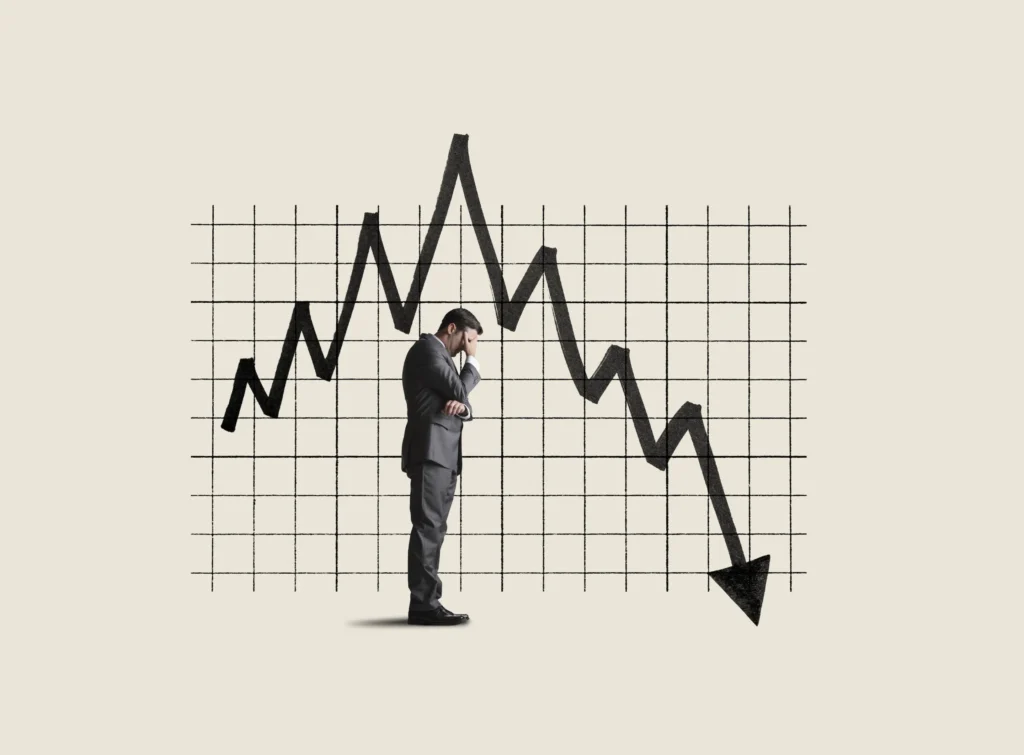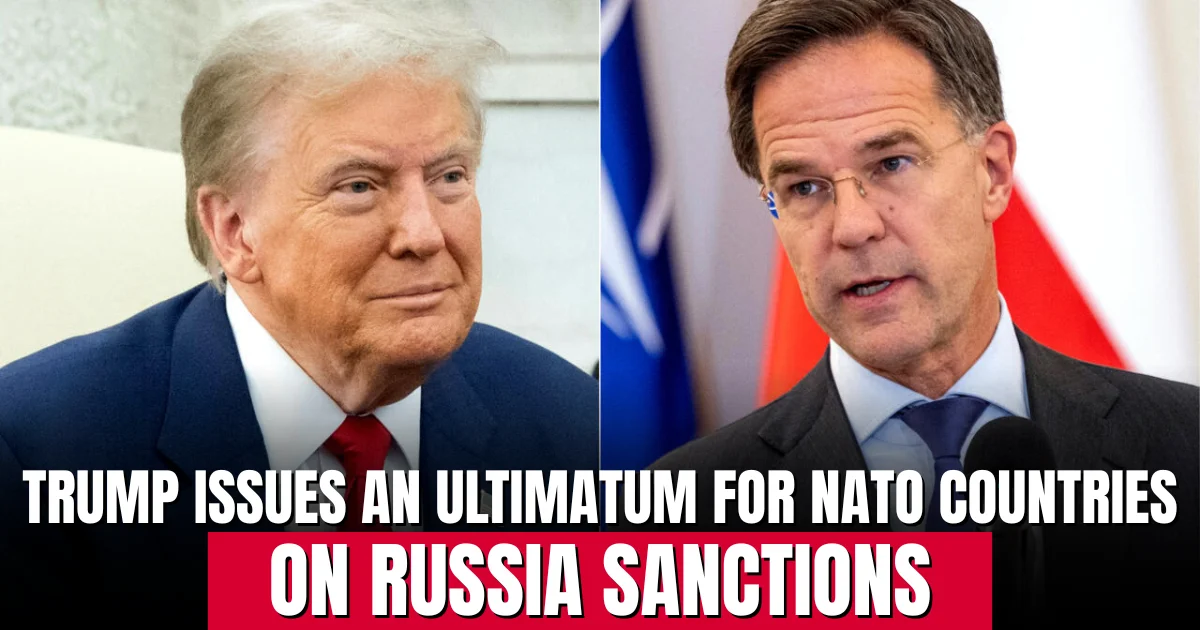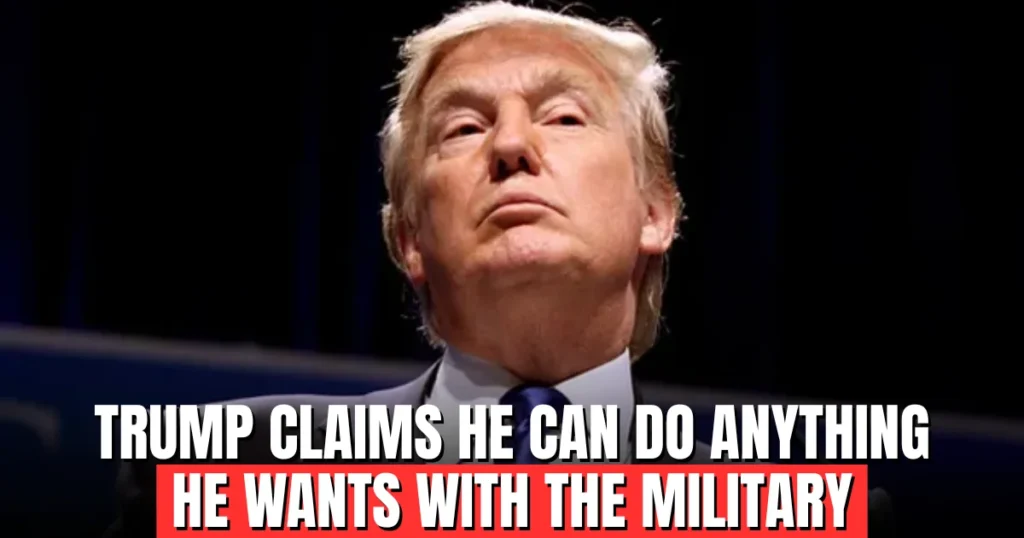Trump warns NATO allies he’ll impose major sanctions on Russia only if they stop buying Russian oil and join in unified trade tariffs.
Table of Contents
Trump Issues Ultimatum for NATO Countries on Russia Sanctions
President Donald Trump has issued a sharp ultimatum to NATO allies, warning that the United States will impose “major sanctions” on Russia only if all member states agree to take the same step and immediately end oil purchases from Moscow.
The move signals one of Trump’s most aggressive demands toward the transatlantic alliance and could reshape both energy markets and geopolitical strategy if NATO leaders comply.
Trump’s Conditions for Sanctions

In a letter shared on social media, Trump outlined his stance clearly:
“I am ready to do major sanctions on Russia when all NATO nations have agreed, and started, to do the same thing, and when all NATO nations STOP BUYING OIL FROM RUSSIA.”
He criticized allies for what he called a “less than 100% commitment” and accused them of weakening their negotiating position by continuing energy trade with Russia.
Trump also urged NATO members to impose 50–100% tariffs on China, arguing that the pressure campaign could help end the war in Ukraine more quickly.
NATO and the Energy Divide
While the European Union has banned seaborne imports of Russian oil and refined products like diesel, several NATO countries still rely on Russian energy, particularly Turkey, Hungary, and Slovakia.
According to Eurostat, Russian oil imports to Europe dropped from $16.4 billion in Q1 2021 to just $1.72 billion in Q1 2025, but liquefied natural gas (LNG) imports remain significant. Russia still accounts for about 19% of EU LNG supply, down from 22% in 2021.
Trump’s demand highlights this dependency and places NATO members under pressure to accelerate the shift away from Russian energy sources.
Tariffs on China and India

Beyond Russia, Trump also called for coordinated NATO tariffs on China. He argued that sanctions, combined with trade penalties, would be “a great help in ending this deadly war.”
The president has already moved against India, doubling tariffs on imports to 50% in response to New Delhi’s continued purchases of Russian oil. The decision has strained relations, with Indian officials calling the move “unjustified.”
Interestingly, Trump’s Saturday letter to NATO left out any mention of India, even though EU officials noted earlier this week that he had urged them to consider tariffs on both China and India. The EU, however, is in the final stages of negotiating a trade deal with India, making such a move highly unlikely.
Allies Hesitant to Follow
European leaders have so far shown little appetite for sweeping tariffs or stricter sanctions. Officials note that Europe’s strategy has been more cautious, especially in trade disputes with China.
By addressing NATO instead of just the EU, Trump is including Turkey, the third-largest purchaser of Russian oil after China and India, in his demands. However, analysts say achieving consensus across the alliance will be difficult.
Geopolitical Implications

Trump’s ultimatum comes as momentum from his August 15 meeting with Russian President Vladimir Putin in Alaska has stalled. Critics warn that his demands may actually prolong the war by delaying collective action.
For Moscow, time is an asset. Every month of delay gives Russia opportunities to strengthen its battlefield position and tighten control over occupied Ukrainian territories.
What Comes Next?
Trump’s message leaves NATO at a crossroads: either join Washington in a united sanctions-and-tariffs front or risk a divided stance that could weaken collective bargaining power against both Russia and China.
Whether allies agree remains to be seen, but the stakes for global energy markets, trade relations, and the outcome of the Russia-Ukraine war could not be higher.
🟢 FAQs
1. What ultimatum did Trump give NATO countries?
Trump said the US will impose major sanctions on Russia only if NATO members also agree and stop buying Russian oil.
2. Why is Trump targeting NATO over Russian oil?
He argues that continued oil purchases weaken NATO’s negotiating position and prolong the war in Ukraine.
3. Did Trump propose tariffs on China?
Yes. He urged NATO to impose 50–100% tariffs on China until the war in Ukraine ends.
4. How are European nations reacting?
EU leaders remain cautious, with many reluctant to escalate trade wars through sweeping tariffs.
5. Which countries still buy Russian oil?
While the EU has cut most imports, Turkey, Hungary, and Slovakia remain significant buyers.

